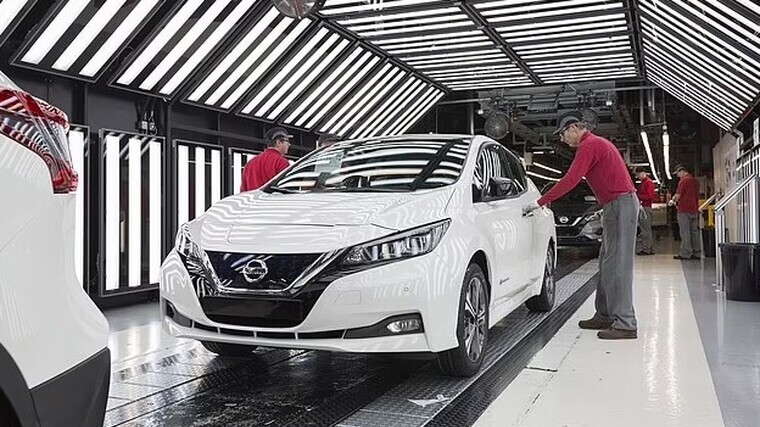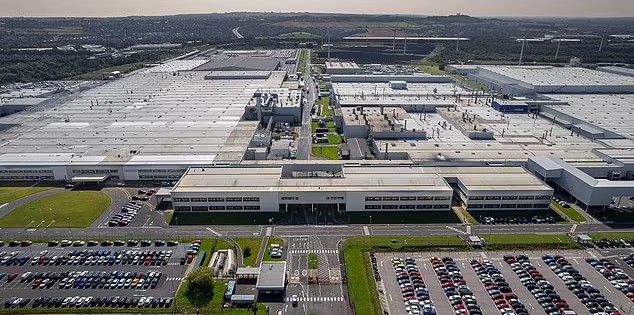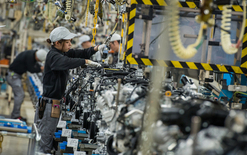End of road for Leaf

Nissan has ceased production of its Leaf in the north of England, which in recent months was the only mass-market electric vehicle (EV) built in the UK.
It ends a 13-year spell spanning two generations for the model, which is one of the most affordable family-size electric cars on the market.
Nissan confirmed the news to the Mail Online last week, saying the Leaf had “reached the end of its lifecycle in Europe”, although it reiterated the company’s commitment to making electric cars in the UK.
The marque will now focus on preparations for the model’s replacement, which is due in 2026 as part of a major investment in EV production at its plant in Sunderland.
Since its production began in Japan in 2010, more than 650,000 units of the battery-powered family hatchback have been sold globally. Included in this total is 270,000 cars produced in Sunderland where Leaf assembly for the European market has taken place since 2013.
The end of production of Leaf comes just months after Mini stopped making the Electric Hatchback at its Oxford factory.
Manufacturing of the new Mini E and electric Countryman has shifted to China – as part of a deal with Great Wall – and Germany, although BMW has announced its Cowley factory will be repurposed into an EV site for 2030 following a massive overhaul.
Rolls-Royce’s electric Spectre is assembled at its Goodwood site and LEVC makes passenger versions of its EVs in Ansty, although both are relatively small-volume outputs.
It means the Leaf was the UK’s last remaining mass-production electric car before the next generation of EVs emerge towards the end of the decade. This includes three new Nissan models.
A spokesman says: “Nissan has already announced a new line-up of 100 per cent EVs for the European market to be produced in Sunderland as part of our commitment to sustainability and electrification.”
Sales of electric cars to private buyers in the UK have been dropping since the end of 2022.
The country’s motor-industry trade body says Prime Minister Rishi Sunak’s decision to postpone a ban on sales of new petrol and diesel cars from 2030 to 2035 has further decelerated the transition with drivers opting to delay their switch to EVs.
This was reflected by a significant fall in sales in January, with EV registrations down by 21 per cent on the same month in 2023.
That said, the introduction of a zero-emissions vehicle mandate there this year means car makers will need to sell a much larger share of EVs from 2024 onwards if they want to avoid expensive government penalties.
Some 22 per cent of all new vehicles registered in the UK this year will need to be electric to avoid fines of £15,000 per unit – or about NZ$31,100 – below the threshold.
Of the 44 “mainstream” carmakers most popular in Britain, 20 have already committed to only selling EVs from 2030 or earlier.

The Sunderland factory, pictured above, which is the country’s biggest car plant in terms of scale and output, will continue to produce the Juke and Qashqai. And it will start making the Leaf’s EV replacement from 2026 as part of a new multi-billion-pound deal.
In November, the Japanese marque confirmed an investment of £2 billion that will see it produce three new EVs before the end of this decade.
Nissan will make a “direct investment of up to £1.12b” to fund the move, while the rest will be provided by partners, such as battery supplier AESC.
It is understood the total financial package, which will also fund the building of an additional battery-making gigafactory, does include significant government backing, although the terms of this have yet to be disclosed.





